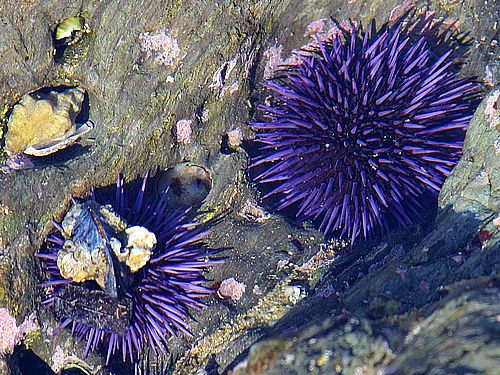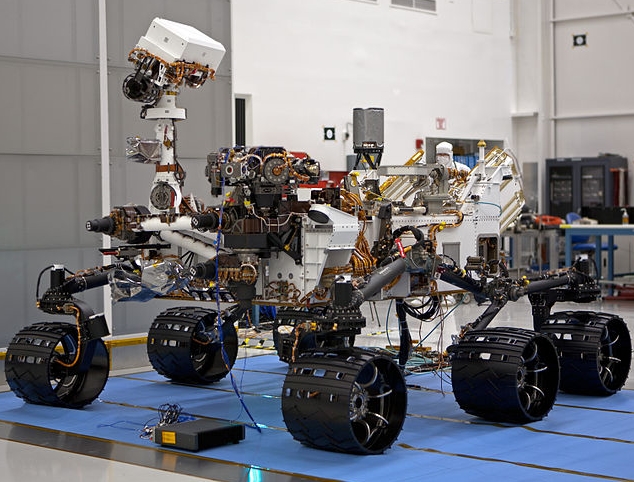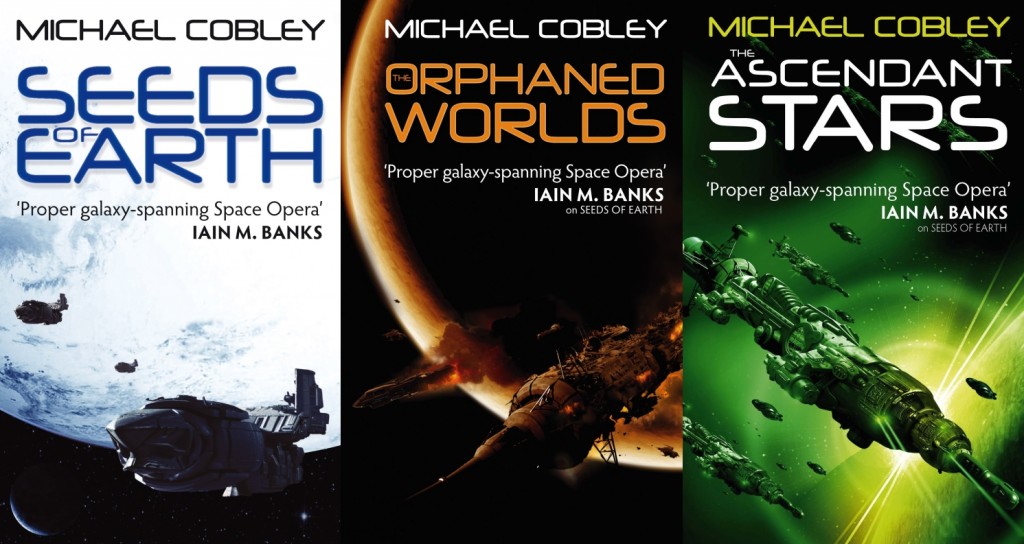Michael Cobley on Alien Worlds
Alien worlds constitute one of the key themes, not to say essential furniture, of space opera. From before Edgar Rice Burroughs, SF writers have whisked us across a pangalactorama of worlds weird and wonderful, wild, wasted and withdrawn. Alien worlds have been the fabulous, concocted canvasses on which we’ve projected our fears and desires, sometimes even consciously. Over the last few years, however, astronomers have confirmed the existence of a growing number of actual worlds orbiting neighbouring stars out in the real galaxy, along with the likelihood that some are capable of supporting life.

Now these ground-breaking scientific discoveries may not affect the aesthetics of space opera but they sure give me pause for thought. When you consider the proliferation of lifeforms into almost every environmental niche that Earth has to offer, and the astonishing shapes which some have adopted . . . and when you realise that often truth is not only stranger than fiction but stranger than we can imagine, then the hunger to know what lives on those distant worlds becomes a near-exhilarating craving.
And that is why I write space opera. True, the strangest worlds I’ve depicted have been either virtual (the Glow) or the decrepit remains of corroded universes (in the tiers of hyperspace), but even that is of a piece with the basic human need to imagine alternatives. Sometimes, that need springs from the sheer electric joy of speculative invention, and other time it is driven by the pressing urge to examine the world around us and understand the ways in which it has gone wrong. It is said that although SF writers have their eyes fixed on the stars, their feet are planted firmly on the ground. Because in order to depict a plausible alien world – whether in terms of the biosphere or the customs and structure of an alien society – an SF writer needs to have at least an awareness of how those contexts work here on Earth. Political journalists need to know how politics really work; SF writers need to know that and a whole lot more.

That’s not to say that explorations of alien worlds are merely an excuse for some didactic lecture. SF writers are dealers in dramatic prose, and we use metaphor, allegory and simile to tell stories, not expound forth a doctorate. Those real alien worlds have assumed the role played by Mars up until the mid-20th century, although as the astronomical/astrophysical sciences are constantly refined we may obtain hard reliable data about them sooner than we think. Still, their existence means that others exist further away, beyond the reach of today’s tech, playing host to who can tell what wonders and that, in conjunction with the ongoing attempt to grapple with the problems of our own civilisation, means that space opera will be with us for quite a while yet.

